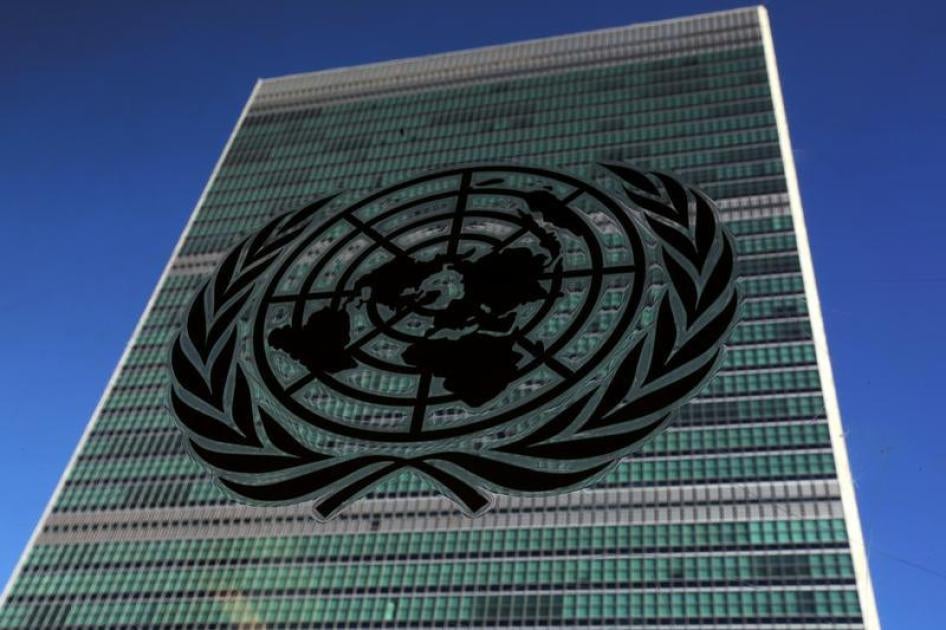Medical advances have produced important progress in assisted reproduction, and law makers are struggling to keep up. One advance is the increasing use of surrogacy – where a person able to carry a fetus to term does so in order for someone else to be the parent of the resulting child – and the ability through in vitro fertilization for a surrogate to carry a baby who is not her biological relative.
The United Nations is currently considering how to address surrogacy. The process has profound implications for children born through surrogacy, but also for people who have acted or wish to act as surrogates, and those who seek to become parents through surrogacy. In formulating policy, the UN should carefully consider the rights of all of these stakeholders, Human Rights Watch and the International Women’s Health Coalition said in a submission to the UN Special Rapporteur on Sale of Children.
Surrogacy has given new hope to many people who wished to become parents but faced barriers, including LGBT people and people experiencing infertility. But surrogacy also raises complex legal and ethical issues. In some countries, lack of regulation can lead to exploitation, including by unscrupulous brokers who can use their financial leverage to control surrogates and violate their rights. There have been allegations of trafficking for the purpose of surrogacy, and cases where conflict arose between intending parents and a surrogate who was pregnant or had given birth. These issues have led some countries to ban surrogacy entirely and others to permit it only on an altruistic basis, where the surrogate is not paid.
This issue requires careful consideration on how to protect the rights of children born through surrogacy. But that process also has profound implications for the rights of people who want to be surrogates, including for compensation, and for people who see surrogacy as their only hope of becoming a parent. Banning surrogacy is not the solution; rather the UN should develop guidance on surrogacy that fully respects all the rights at stake.










